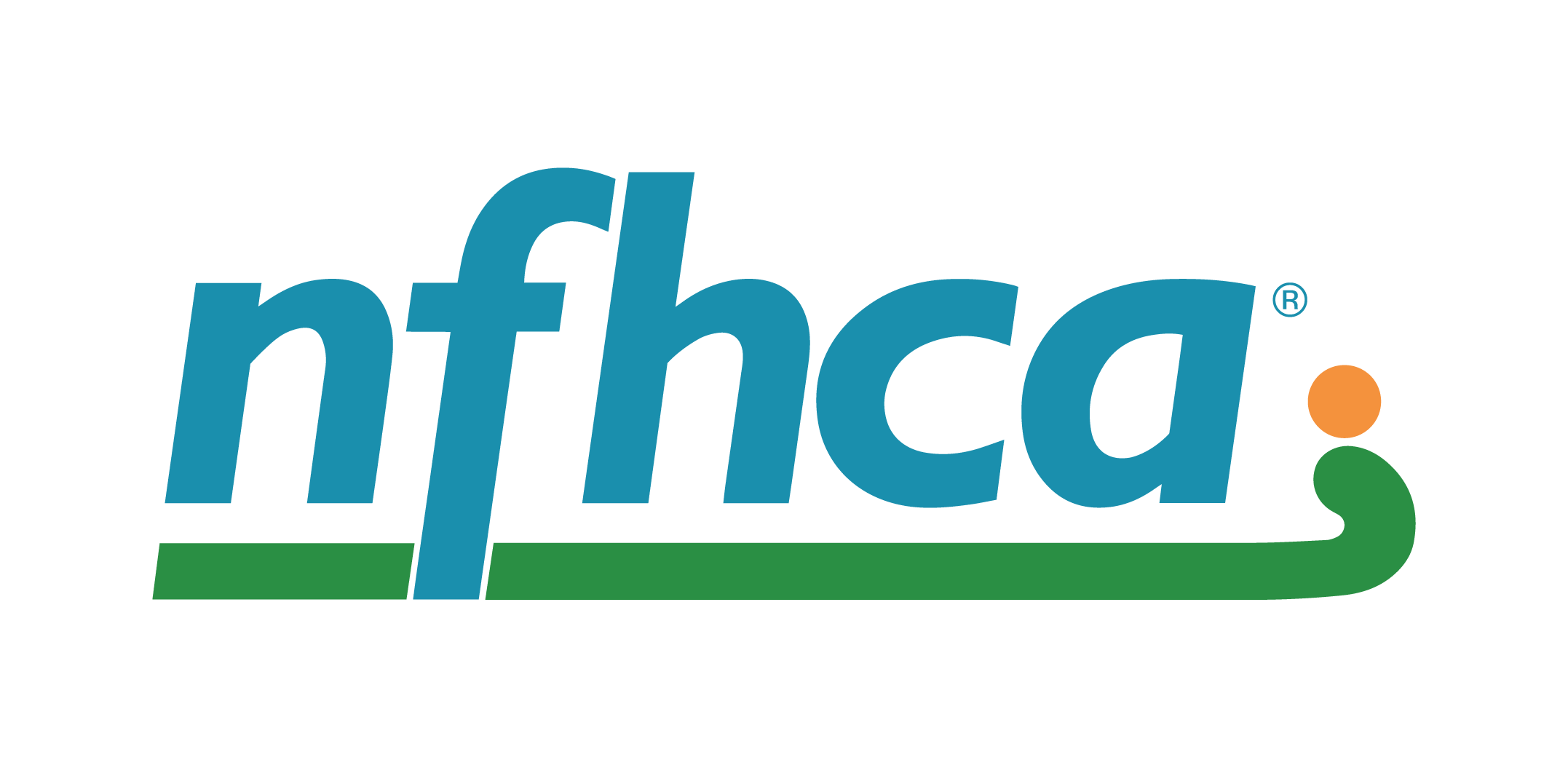Recruiting Advice from College Coaches
What every prospective field hockey student-athlete should do while they navigate the recruiting process during COVID-19.
The COVID-19 pandemic has impacted all of us, in so many ways. And one outcome that has hit closest to home the impact on the field hockey recruiting landscape. Showcases and tournaments have been cancelled and in March, the NCAA enacted a temporary dead period to ensure the safety of prospective student-athletes (PSAs) and coaches..
With that came a lot of indecision among PSAs, parents, and their coaches about how to continue their collegiate recruiting process.
The National Field Hockey Coaches Association (NFHCA) polled our collegiate coaching membership for their advice to recruits during the COVID-19 pandemic.
Our collegiate membership represents every NCAA Division I, Division II, and Division III field hockey institution, and advice was universal across all three divisions.
How to navigate college recruiting during a pandemic.
1 — Be patient.
Remember, this is a new situation for colleges coaches too. Like you, they are waiting for answers. Specifically, they are waiting on decisions from their state and local government, from the NCAA, and from their institutions. So, be patient, and see this pause in traditional recruiting as a way to learn and grow. Understand that everyone is still working toward the same goal.
Relax, you are not alone. Everyone is in the same boat.
Recognize the recruiting process will be a bit slower.
Do not panic – it is all going to be OK.
2 — Communicate with coaches (as NCAA rules allow).
You can still connect with coaches through email, phone calls, and virtual platforms — and this is a great opportunity to tell coaches more about you and connect with them on a more personal level.
Be proactive and reach out to coaches now — get on their radar.
Complete recruit questionnaires and provide updated academic materials (transcripts, test scores) to coaches.
Be honest and transparent when discussing your recruiting timeline.
3 — Do your research.
Now is the time to sit down and think about what exactly you want in your college and field hockey experience. Reflect on what you want after college, what kind of team culture is right for you, and what your expectations are. After answering these and other important questions, sit down, do your research, and narrow your list to 10 or 20 schools depending where you are in your recruiting process.
Research colleges online — does the college or university have your intended major?
Learn about field hockey programs through their social media accounts.
Take advantage of virtual campus tours.
Where to start?
The College Board’s college planning tool is a great place to start your college research.
4 — Focus on personal growth.
This is a time of opportunity, not restriction — it is an opportunity for you to embrace change and make strides in your personal growth.
Mental health is key. Spend time with family and stay connected with your teammates.
Be positive, be flexible, be reflective. Spend some time getting to know yourself and learn something new that interests you or makes you happy.
Work on your mental training skills and stay on top of your academics!
5 — Provide video.
Even though college coaches can’t be on the sidelines, they can still see you. Video is a great tool that coaches can revisit and share among their staff as they make recruiting decisions. A skill or highlight video does not have to take a large investment of time or money — simple, short videos with a lot of touches are most helpful to college coaches.
Update your game highlights.
Be creative — showcase your skills, even if it’s in your backyard.
If you don’t have a skills video, NOW is the time to create one!
Where to watch?
The FIH YouTube channel is a great place to watch games and highlights from around the world!
6 — Continue to train and learn.
Control the controllables — you can still commit to getting fitter, faster, stronger, and more skilled even outside of your normal training routine.
Work on individual hockey skills — be creative.
Watch field hockey online — there are so many great videos available.
Intentional improvement is doable and now is a great time to develop healthy habits.
Prospective student-athletes: stay confident that your recruiting journey will continue — but be flexible — and know a collegiate field hockey home is out there.
Visit our NFHCA recruiting page for more helpful information.
